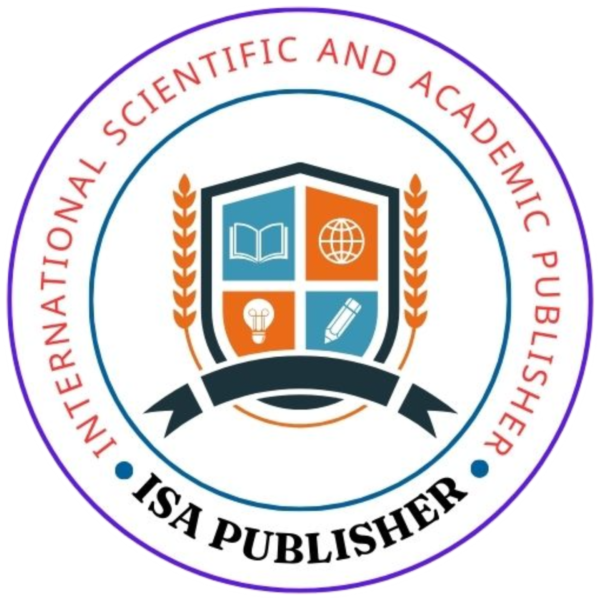Impact of Infectious Avian Coryza in a Layer Farm in Villa Clara Province, Cuba
- Yoandy Beltrán Pérez1, Leonel Lazo Pérez2, Luis Romero Castillo2, José Salado Rodríguez1, Carlos A. Triana Jover2, David del Valle Laveaga3, Rigoberto Fimia Duarte4*
- DOI: 10.5281/zenodo.15605927
- ISA Journal of Multidisciplinary (ISAJM)
Infectious coryza is an infectious contagious disease of bacterial origin that affects the upper respiratory system of poultry. The objective of the study was to evaluate the impact of poultry infectious coryza in a poultry farm in Villa Clara province, Cuba, during the epizootic period of the disease. For the study, clinical examinations and necropsies were performed, and samples were sent to the laboratory. An analysis of the existing information in the Integral Registration System of the unit was carried out. Egg production indicators and epizootic indexes were evaluated and economic losses were determined. The main epizootic indexes in the layer population affected by an episode of avian infectious coryza showed moderate mortality and lethality, as well as considerable losses due to negative selection or culling. The main clinical symptoms were mucous oculo-nasal secretion, sneezing, feather soiling in the anterior region of the neck, swollen heads and decreased egg production. Upper respiratory tract lesions prevailed and there was evidence of secondary invasion by other germs causing panophthalmia and purulent exudates. The economic losses generated by the outbreak were associated with the trend in the decrease of egg production and viability.

